SAP for Pharmaceuticals
Learn how SAP can be used for pharmaceuticals and life sciences companies such as medical device manufactuters, biotechnology companies and many others.SAP Business One
SAP Business One is an enterprise resource planning (ERP) solution designed for small and medium-sized businesses. It can be adapted and customized for use in the pharmaceutical industry, medical devices companies, and other life sciences organizations. By integrating various business processes, it can help these companies streamline operations, improve efficiency, and ensure regulatory compliance. Here are some ways SAP Business One can be used in these industries:
-
Supply Chain Management: SAP Business One can manage procurement, production, inventory, and distribution processes in the pharmaceutical and medical devices industries. This ensures timely delivery of products to customers and optimal inventory levels.
-
Quality Control and Assurance: With features like batch management, SAP Business One can help maintain high quality standards by tracking raw materials and finished products throughout the production process. It can also facilitate the management of quality control tests, documentation, and compliance with industry regulations such as GMP (Good Manufacturing Practices) and ISO standards.
-
Regulatory Compliance: SAP Business One can help life sciences companies maintain compliance with industry-specific regulations, such as FDA (Food and Drug Administration) requirements in the United States and EMA (European Medicines Agency) regulations in Europe. The system can manage electronic records and signatures, track regulatory changes, and produce audit trails.
-
Research and Development (R&D): SAP Business One can help manage R&D projects by tracking budgets, resources, and timelines. This ensures that projects stay on track and that valuable intellectual property is protected.
-
Product Lifecycle Management (PLM): SAP Business One supports PLM by managing product-related data, documents, and processes throughout the product's lifecycle, from development to market launch and eventual obsolescence. This includes managing product changes, revisions, and approvals.
-
Sales and Customer Relationship Management (CRM): SAP Business One can help pharmaceutical and medical devices companies manage their customer relationships, including tracking sales leads, managing customer data, and monitoring sales performance. This enables companies to better understand their customers' needs and preferences, leading to more effective sales and marketing strategies.
-
Financial Management: SAP Business One can help life sciences companies manage their finances by providing real-time access to financial data, automating financial processes, and ensuring compliance with local and international financial reporting standards.
-
Human Resources Management: The software can help manage employee information, payroll, and benefits, as well as track employee performance and training. This enables organizations to optimize their workforce and maintain a productive, motivated team.
-
Integration and Customization: SAP Business One can be integrated with other specialized software solutions, such as laboratory information management systems (LIMS), electronic health record (EHR) systems, or computerized maintenance management systems (CMMS). It can also be customized to meet the unique needs of individual life sciences organizations.
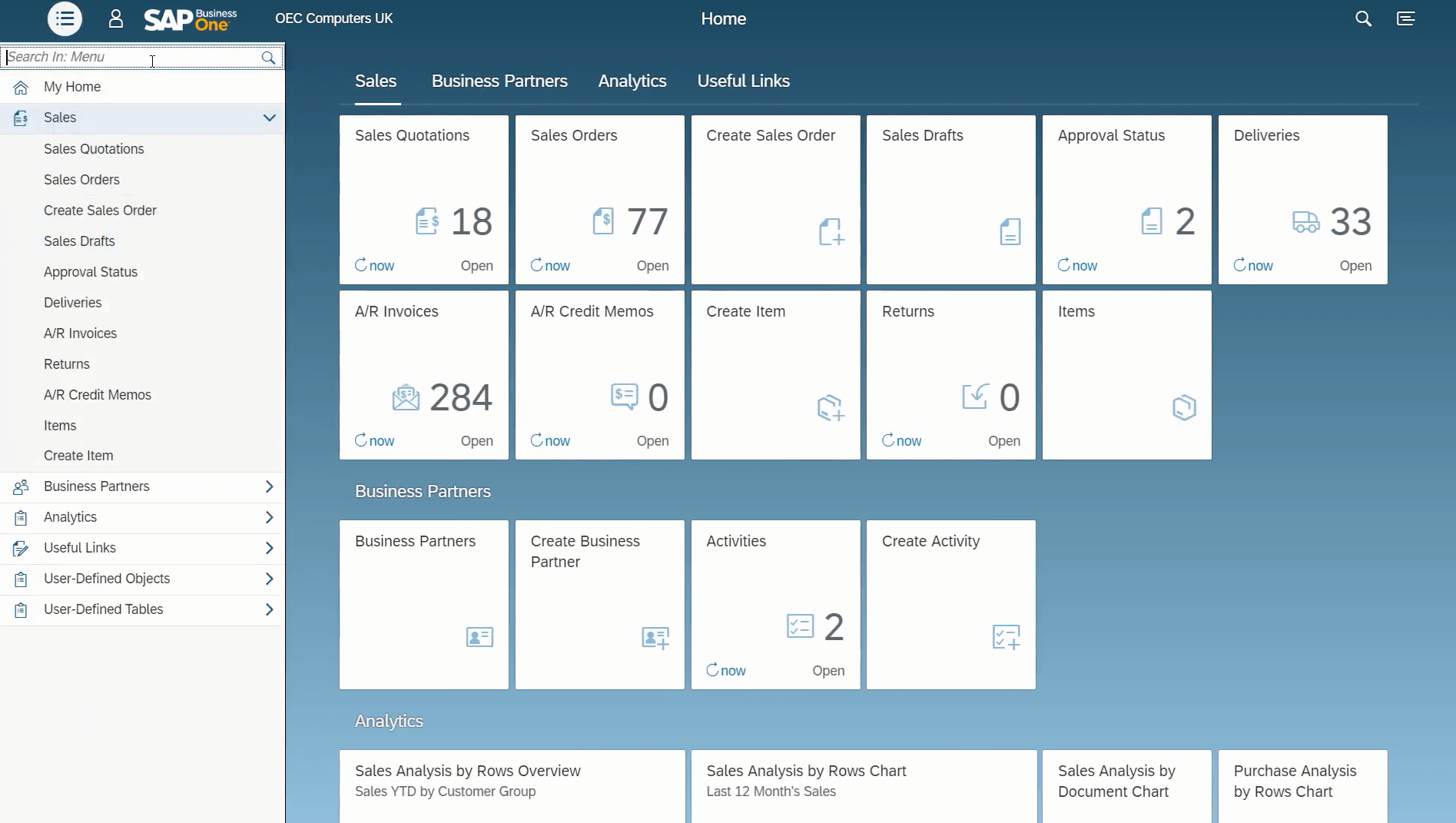
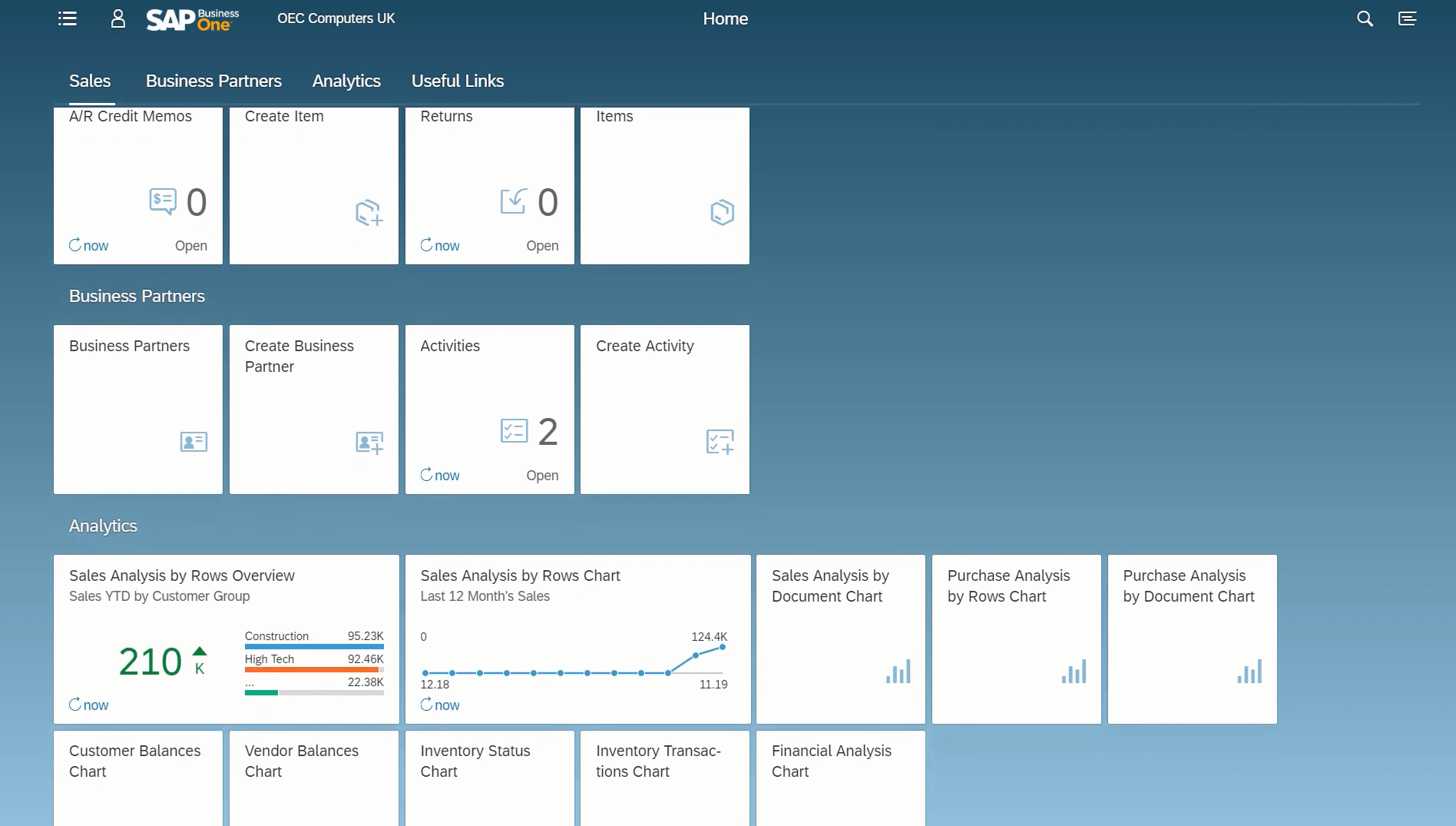
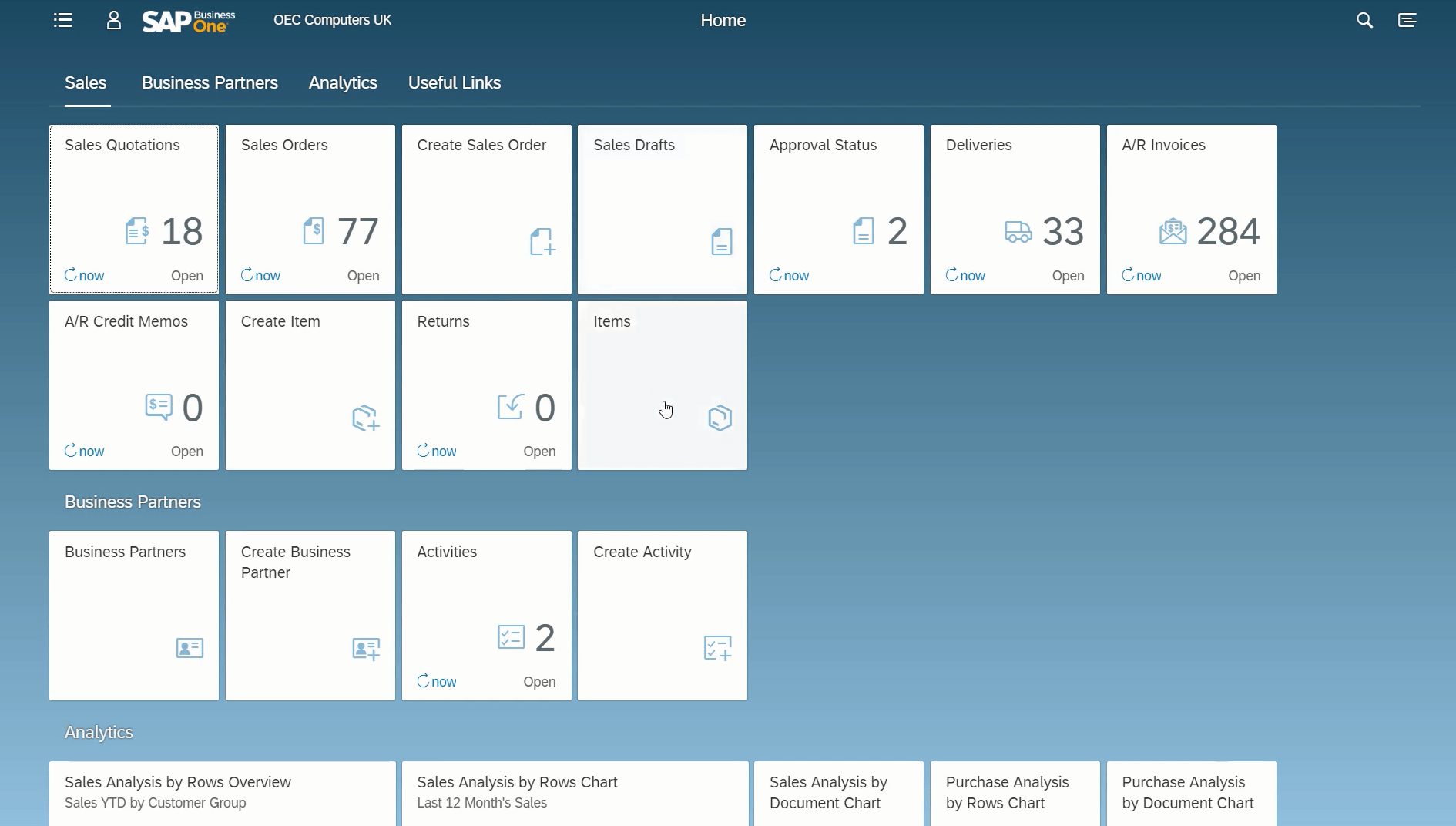
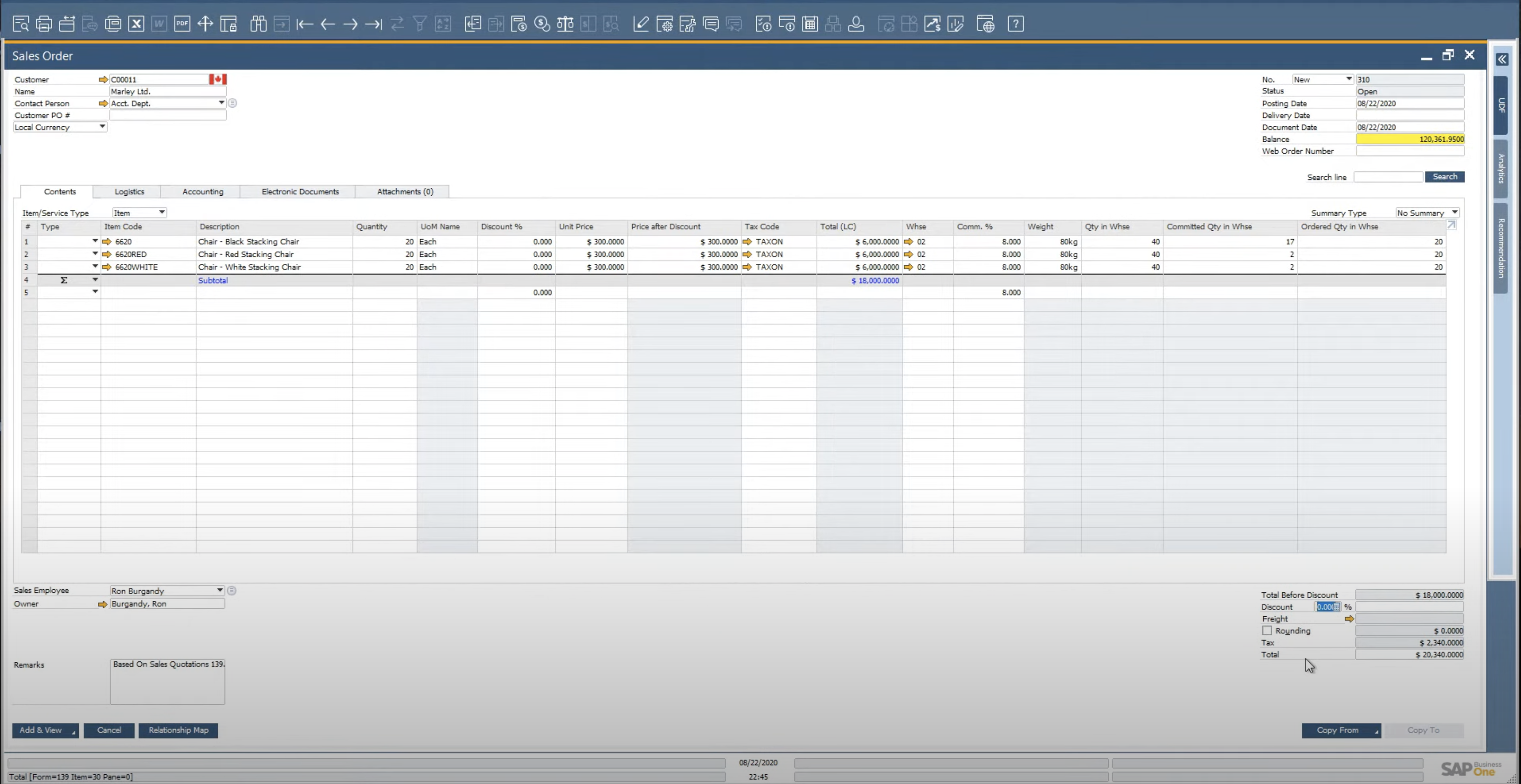
SAP Business ByDesign
SAP Business ByDesign is a cloud-based ERP (Enterprise Resource Planning) solution designed for small and medium-sized businesses. It can be adapted and customized for use in the pharmaceutical industry, medical devices companies, and biotechnology organizations. By integrating various business processes, it can help these companies streamline operations, improve efficiency, and ensure regulatory compliance. Here are some ways SAP Business ByDesign can be used in these industries:
-
Supply Chain Management: SAP Business ByDesign can manage procurement, production, inventory, and distribution processes in the pharmaceutical, medical devices, and biotechnology industries. This ensures timely delivery of products to customers and optimal inventory levels.
-
Quality Control and Assurance: The solution can help maintain high-quality standards by tracking raw materials, intermediates, and finished products throughout the production process. It can also facilitate the management of quality control tests, documentation, and compliance with industry regulations such as GMP (Good Manufacturing Practices) and ISO standards.
-
Regulatory Compliance: SAP Business ByDesign can help life sciences companies maintain compliance with industry-specific regulations, such as FDA (Food and Drug Administration) requirements in the United States and EMA (European Medicines Agency) regulations in Europe. The system can manage electronic records and signatures, track regulatory changes, and produce audit trails.
-
Research and Development (R&D): SAP Business ByDesign can help manage R&D projects by tracking budgets, resources, and timelines. This ensures that projects stay on track and that valuable intellectual property is protected.
-
Product Lifecycle Management (PLM): The solution supports PLM by managing product-related data, documents, and processes throughout the product's lifecycle, from development to market launch and eventual obsolescence. This includes managing product changes, revisions, and approvals.
-
Sales and Customer Relationship Management (CRM): SAP Business ByDesign can help pharmaceutical, medical devices, and biotechnology companies manage their customer relationships, including tracking sales leads, managing customer data, and monitoring sales performance. This enables companies to better understand their customers' needs and preferences, leading to more effective sales and marketing strategies.
-
Financial Management: SAP Business ByDesign can help life sciences companies manage their finances by providing real-time access to financial data, automating financial processes, and ensuring compliance with local and international financial reporting standards.
-
Human Resources Management: The software can help manage employee information, payroll, and benefits, as well as track employee performance and training. This enables organizations to optimize their workforce and maintain a productive, motivated team.
-
Integration and Customization: SAP Business ByDesign can be integrated with other specialized software solutions, such as laboratory information management systems (LIMS), electronic health record (EHR) systems, or computerized maintenance management systems (CMMS). It can also be customized to meet the unique needs of individual life sciences organizations.
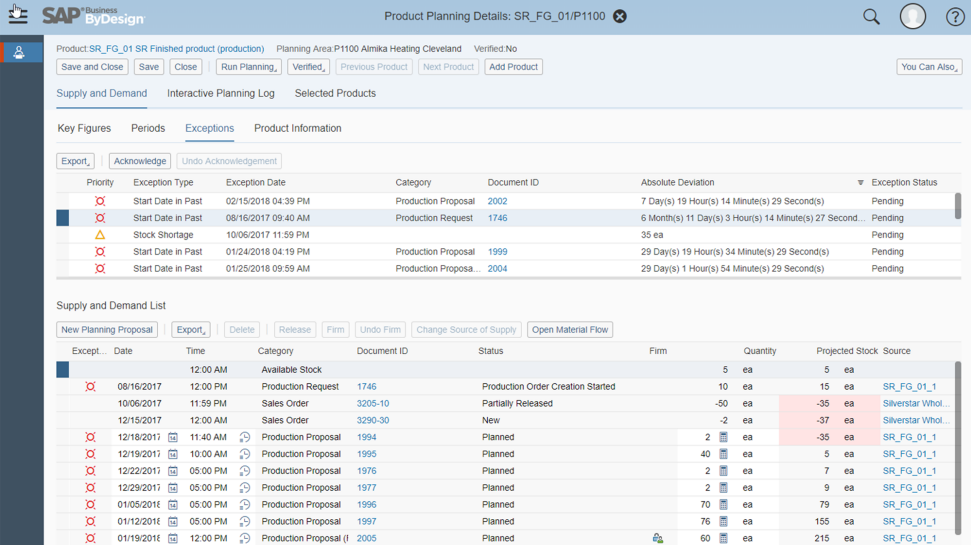

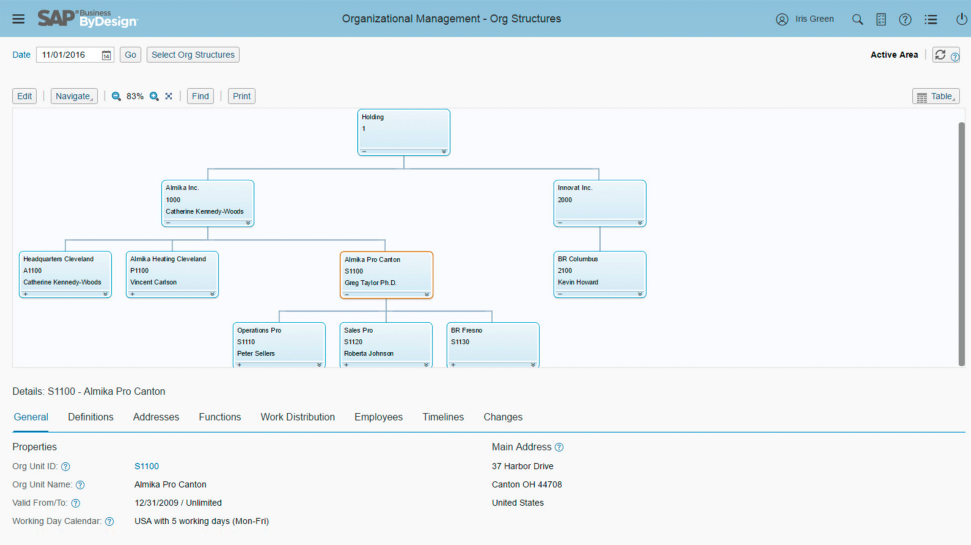
SAP S/4 HANA
SAP S/4HANA is an intelligent, integrated ERP (Enterprise Resource Planning) system that can be adapted and customized for use in the pharmaceutical industry. By leveraging real-time data and advanced analytics, it can help pharmaceutical companies streamline operations, improve efficiency, and ensure regulatory compliance. Here are some ways SAP S/4HANA can be used in the pharmaceutical industry:
-
Supply Chain Management: SAP S/4HANA can optimize supply chain processes in the pharmaceutical industry, from procurement and production to inventory and distribution. This ensures timely delivery of products to customers, optimal inventory levels, and better visibility of the entire supply chain.
-
Quality Control and Assurance: The solution can help maintain high-quality standards by tracking raw materials, intermediates, and finished products throughout the production process. It can also facilitate the management of quality control tests, documentation, and compliance with industry regulations such as GMP (Good Manufacturing Practices) and ISO standards.
-
Regulatory Compliance: SAP S/4HANA can help pharmaceutical companies maintain compliance with industry-specific regulations, such as FDA (Food and Drug Administration) requirements in the United States and EMA (European Medicines Agency) regulations in Europe. The system can manage electronic records and signatures, track regulatory changes, and produce audit trails.
-
Research and Development (R&D): SAP S/4HANA can help manage R&D projects by tracking budgets, resources, and timelines. This ensures that projects stay on track and that valuable intellectual property is protected.
-
Product Lifecycle Management (PLM): The solution supports PLM by managing product-related data, documents, and processes throughout the product's lifecycle, from development to market launch and eventual obsolescence. This includes managing product changes, revisions, and approvals.
-
Sales and Customer Relationship Management (CRM): SAP S/4HANA can help pharmaceutical companies manage their customer relationships, including tracking sales leads, managing customer data, and monitoring sales performance. This enables companies to better understand their customers' needs and preferences, leading to more effective sales and marketing strategies.
-
Financial Management: SAP S/4HANA can help pharmaceutical companies manage their finances by providing real-time access to financial data, automating financial processes, and ensuring compliance with local and international financial reporting standards.
-
Human Resources Management: The software can help manage employee information, payroll, and benefits, as well as track employee performance and training. This enables organizations to optimize their workforce and maintain a productive, motivated team.
-
Integration and Customization: SAP S/4HANA can be integrated with other specialized software solutions, such as laboratory information management systems (LIMS), electronic health record (EHR) systems, or computerized maintenance management systems (CMMS). It can also be customized to meet the unique needs of individual pharmaceutical organizations.
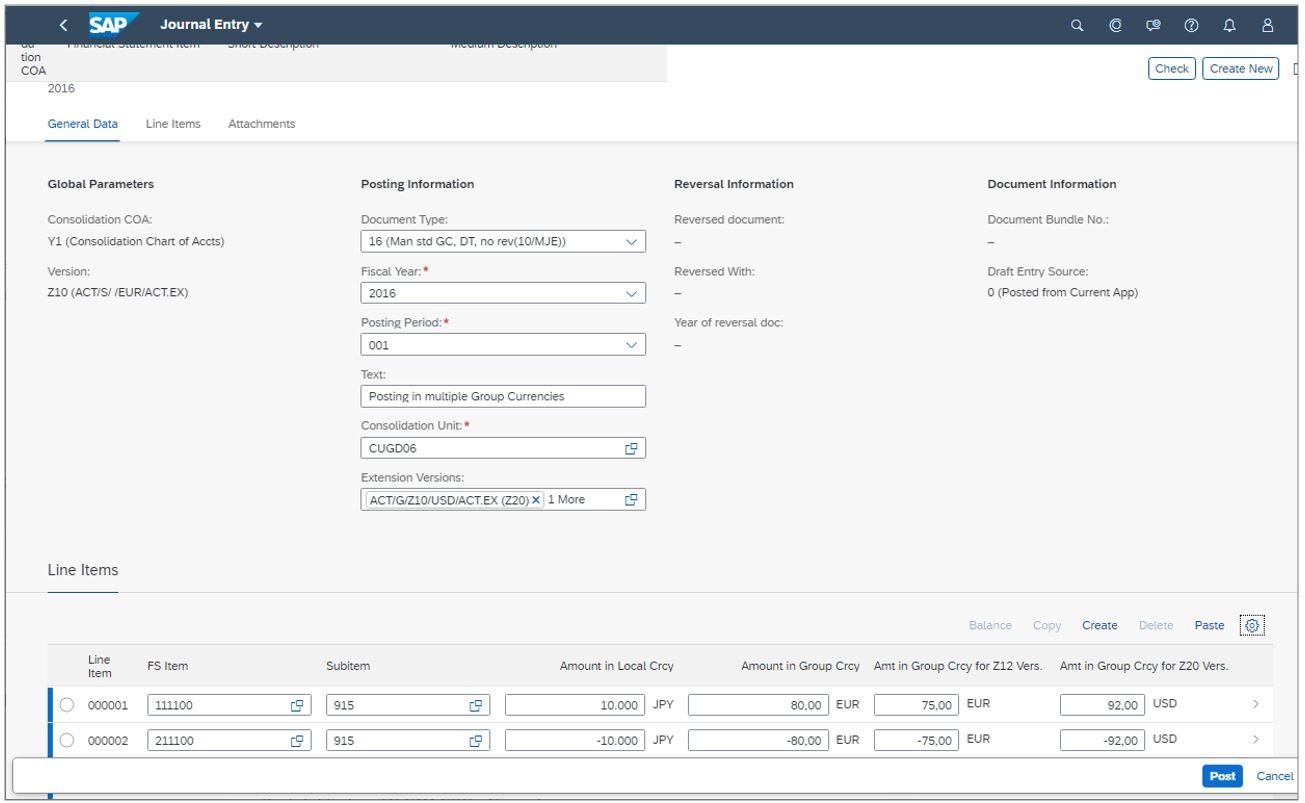
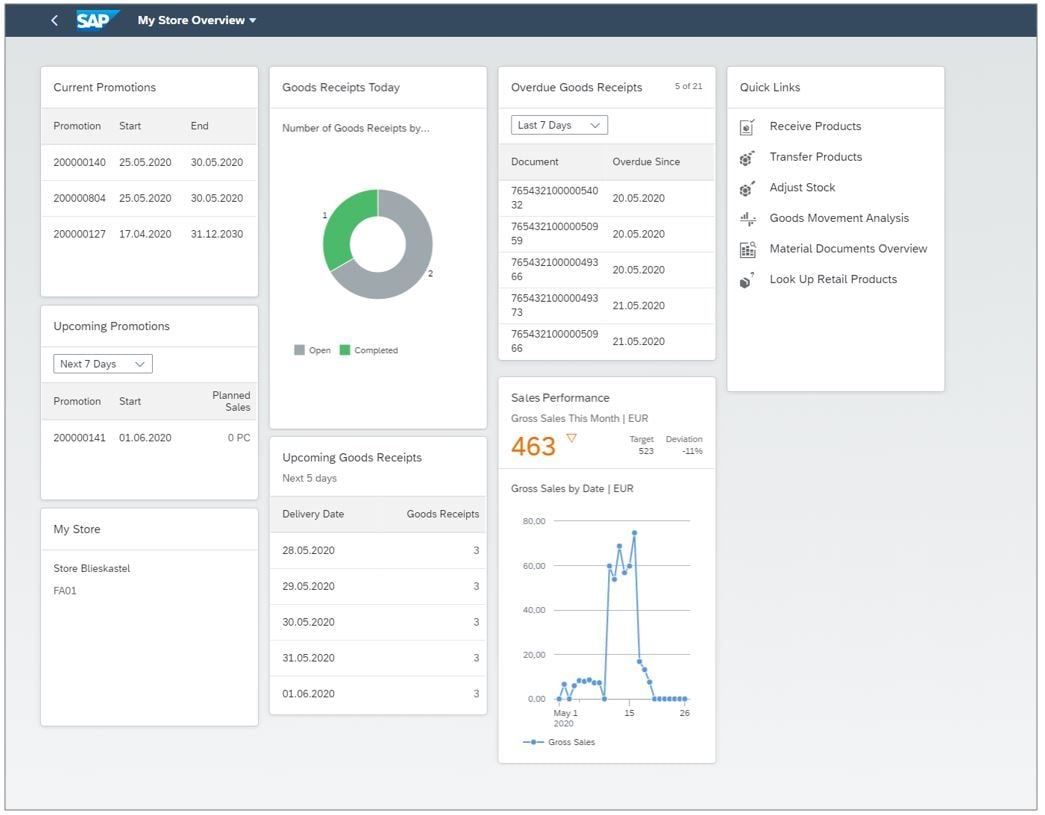
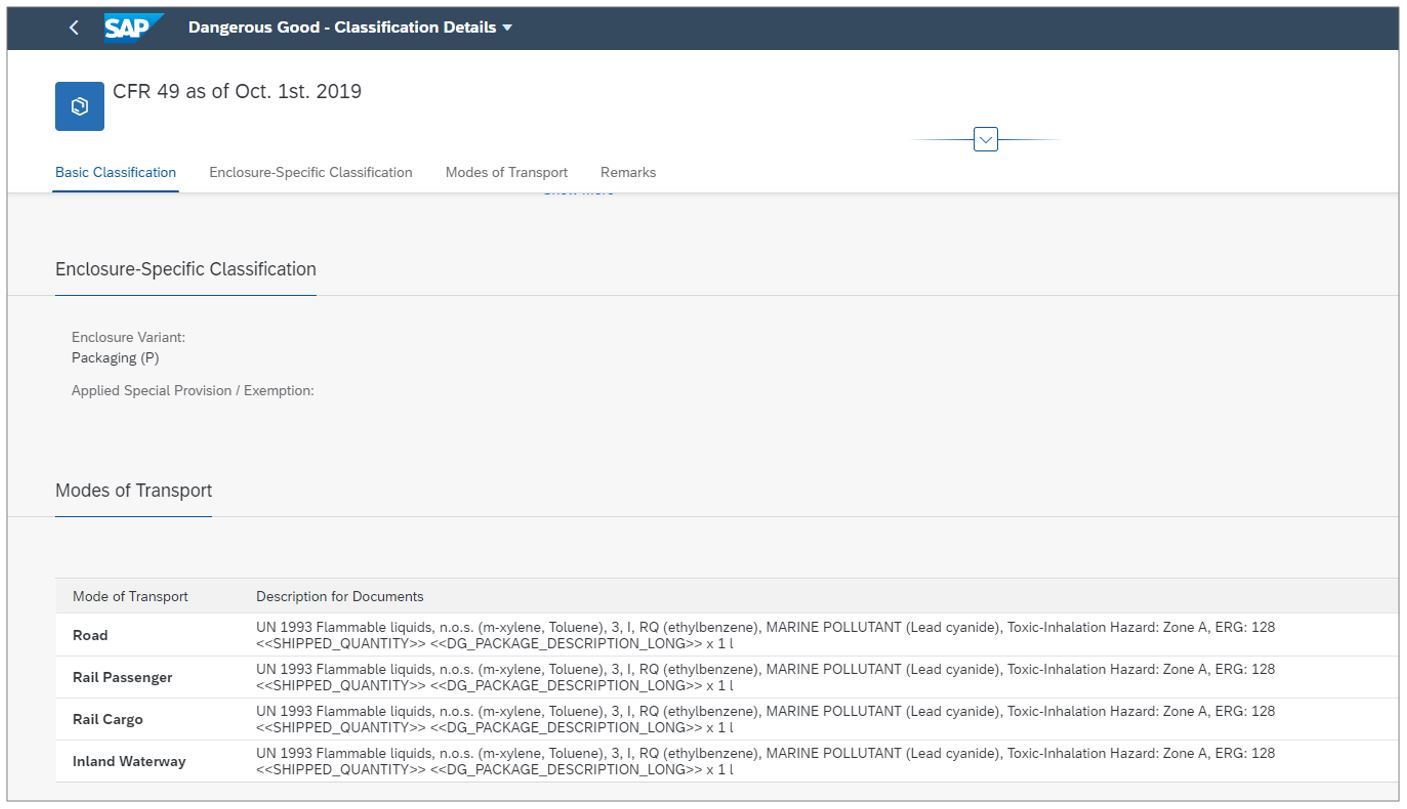
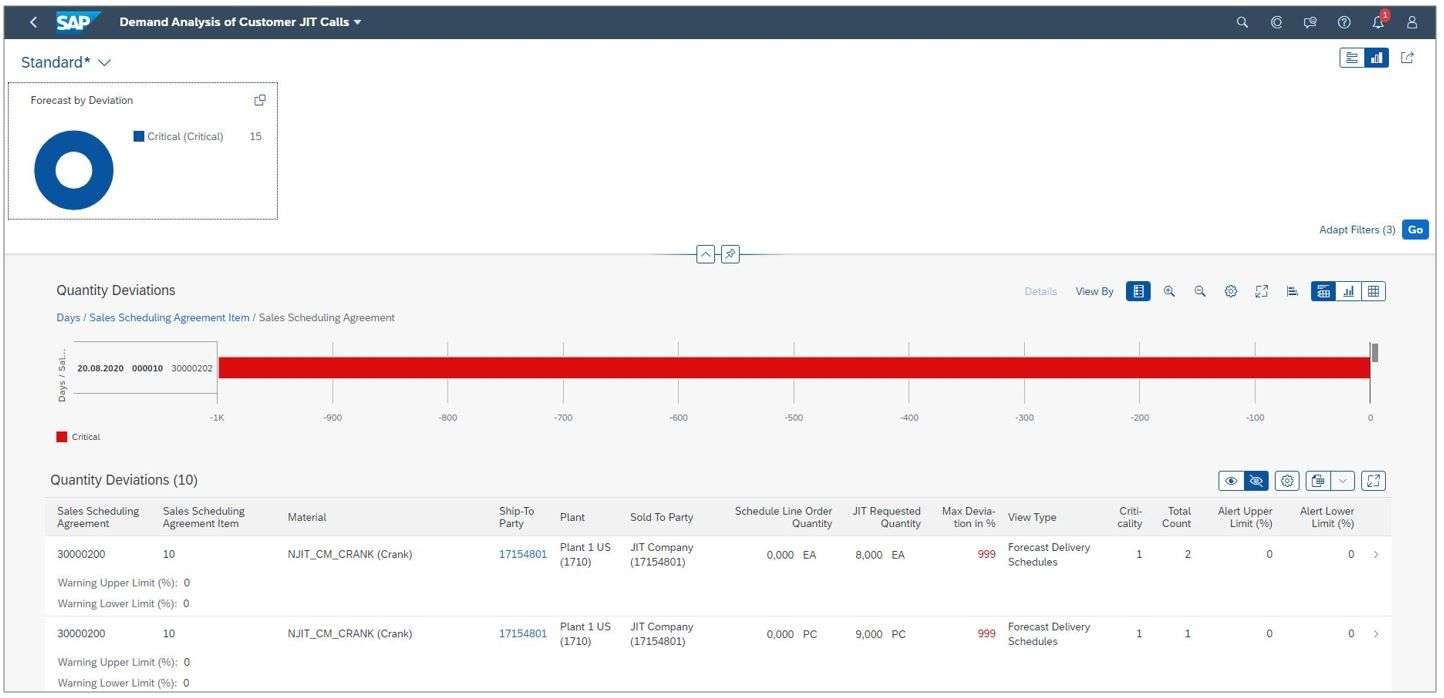
Top 10 ERP Software Report
Get our free in depth comparison of the Top 10 ERP solutions available on the market including Netsuite, Acumatica, Oracle, SAP and more.
SAP Pharmaceuticals ERP Whitepapers
What is SAP for Pharmaceuticals?
SAP for Pharmaceuticals is a set of industry-specific solutions provided by SAP, designed to address the unique needs and challenges faced by pharmaceutical companies. These solutions are built on SAP's core ERP (Enterprise Resource Planning) systems, such as SAP S/4HANA, and are tailored to support the various business processes and requirements within the pharmaceutical industry, including research and development (R&D), manufacturing, quality management, supply chain management, regulatory compliance, sales, and customer relationship management.
Is SAP the best ERP vendor for pharmaceuticals?
While SAP is a leading ERP vendor and offers robust solutions tailored to the pharmaceutical industry, whether it is the best ERP vendor for pharmaceuticals depends on several factors. When evaluating ERP vendors, it is essential to consider the specific requirements of your organization and how well the ERP solution aligns with your business processes and goals.
Here are some factors to consider when choosing an ERP vendor for the pharmaceutical industry:
-
Industry-Specific Functionality: The ERP solution should address the unique needs of the pharmaceutical industry, including supply chain management, quality control, regulatory compliance, research and development, product lifecycle management, and customer relationship management.
-
Scalability: The ERP system should be able to scale with your business as it grows and evolves, without incurring excessive costs or disruptions.
-
Integration: The ERP solution should integrate seamlessly with other systems used in your organization, such as laboratory information management systems (LIMS), electronic health record (EHR) systems, or computerized maintenance management systems (CMMS).
-
Customization and Flexibility: The ERP system should be customizable to meet the unique needs of your organization and flexible enough to adapt to changing requirements and regulations.
-
User Experience: The ERP solution should be user-friendly, with an intuitive interface that facilitates efficient workflows and reduces the learning curve for your team.
-
Support and Training: The ERP vendor should provide comprehensive support and training resources to help your organization implement and optimize the ERP solution.
-
Total Cost of Ownership (TCO): Consider the initial investment, ongoing maintenance, and upgrade costs when evaluating the total cost of ownership of an ERP solution.
-
Vendor Reputation and Experience: The ERP vendor should have a strong reputation in the pharmaceutical industry and a track record of successful implementations and customer satisfaction.
What does SAP ERP software do for pharmaceuticals companies?
SAP ERP software for pharmaceutical companies offers an integrated solution to manage key aspects of their business, such as supply chain, quality control, regulatory compliance, R&D, product lifecycle, sales, financial management, and human resources. It streamlines operations, improves efficiency, and ensures compliance with industry regulations, while allowing for customization and integration with other specialized systems.
How does SAP keep pharma companies compliant?
SAP can help life sciences companies maintain compliance with industry-specific regulations and standards by providing tools and features that manage electronic records, signatures, and audit trails, as well as track regulatory changes. While SAP can support compliance efforts, it's important to note that the ultimate responsibility for maintaining compliance lies with the company itself, including proper implementation, training, and adherence to the software's compliance features.
Wider SAP Product Portfolio
What other products & solutions does this ERP vendor offer?
SAP SuccessFactors



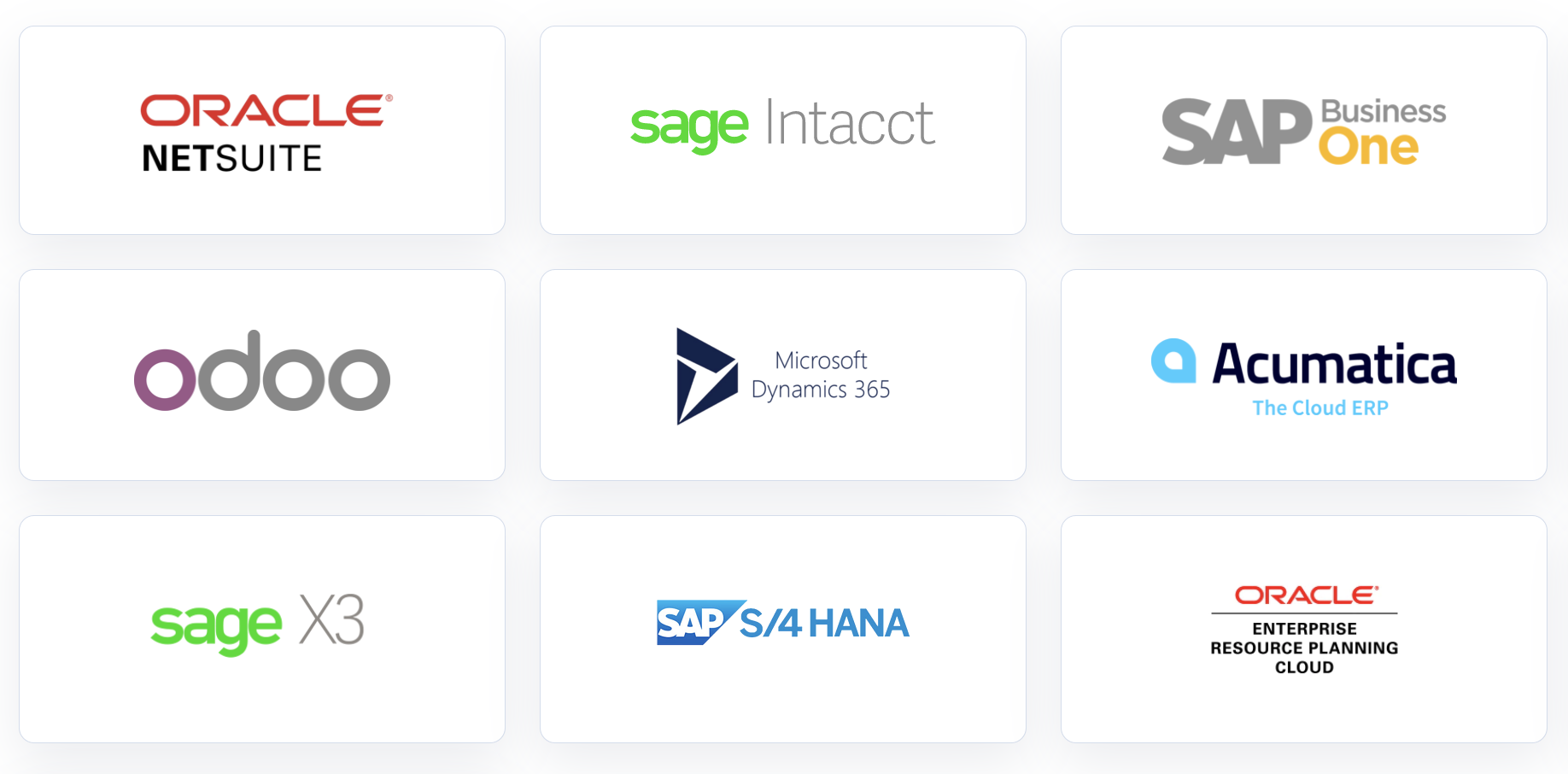


.png?width=200&name=sap-s-4hana-logo%20(2).png)


